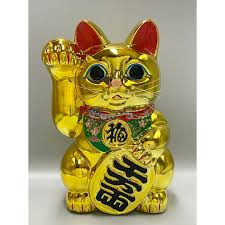心理学 (しんりがく) = psychology
Haha, that’s quite a coincidence, as German happens to be my first language!
I think one of the most interesting fact about e is that it appears in so many branches of Mathmatics, even if they don’t seem to be related at all! And then there are multiple ways to define e (e.g. with a series or a limit).
And there is a pretty interesting fact about pi, too! I’ve learned and noticed that whenever pi shows up somewhere, there is pretty much always some way to find a hidden circle where the pi comes from. I don’t know if there is an exception to that, but I haven’t found one yet 
Apart from these, some other very interesting numbers that I can think of right now are phi (aka golden ratio), 42 (cuz funny lol), i (I love working with complex numbers  ), and the omega constant (because it is defined via one of my favorite functions when it comes to solving equations
), and the omega constant (because it is defined via one of my favorite functions when it comes to solving equations  ).
).





